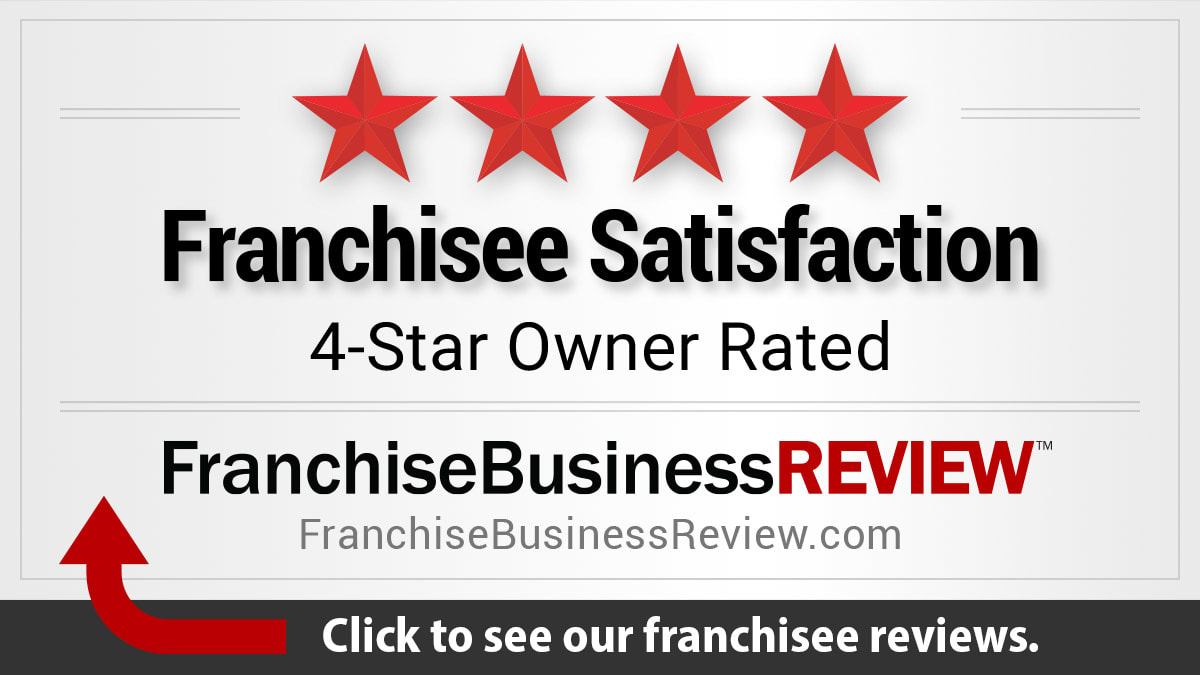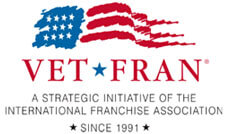How to Start a Kitchen Remodeling Franchise Business

Today, more and more people are looking to transform their homes without having to brave the unruly realty marketplace and risk a big portion of their family’s capital, and kitchen re-facing projects have become a popular solution. The kitchen remodeling industry is looking more vibrant than ever these days, with two decades of satisfied customers and franchise owners left in the wake of its forward march.
If you are passionate about helping people, building relationships, and learning the art of carpentry, starting a kitchen remodeling franchise is an excellent option to pursue to make a living. Kitchen remodeling is both profitable and extremely rewarding, with many franchise owners reporting to have made long-lasting friendships after providing their clients with positive and stress-free experiences that change lives and save money.
There are essentially two main obstacles standing in the way of prospective franchise owners, and this article will offer some advice on how you can conquer them both.
Training – equipping you properly for the job!
Typical corporate training lasts for no more than a week. After a quick run-through of company protocol, some cram-lessons of Business 101, and a pat on the back, corporate trainers will shove you into the workforce and hope for the best. These “teachers” have a financial interest in turning over as many classrooms as possible, and are not given any reward or incentive for making sure that the curriculum sticks. Kitchen Solvers believe a more thorough approach is required to maintain the quality they have come to expect, and offer a two month training program for all newcomers.
Unlike standardized corporate training modules, Kitchen Solvers eschew cookie-cutter programs while still maintaining an appreciation for the power of fundamentals. Kitchen Solvers franchise owners aren’t cookie-cutter people, entering the business with diverse skillsets. Carpentry experience, interpersonal skills, business acumen, and design flair are all highly-valued skills, and Kitchen Solvers’ tailored training ensures that each associate is well-rounded by planning curriculum material around their unique strengths and weaknesses. This two month training protocol with shore up any weaknesses and add an extra layer of polish to your existing expertise, building your confidence and bolstering your chances for success.
Financing – what to expect, and how to acquire capital
Many people make the mistake of only factoring in the price of tools, materials, and franchise fees, and jump into business ownership long before they are ready. In reality, a number of outside factors and third-party expenses must be accounted for before you can move forward with your franchise ownership dreams.
The first fee to consider is the franchising fee of $25,000. A significant percentage of this amount can be financed with a down-payment, but this is not the only cost you must consider. You will require capital to invest in advertising, start-up, and to have an appropriate amount of cash-flow available. Other expenses include pre-opening training costs for travel and living, supplies packing, local marketing investments, insurance premium prices, and more. In total, you will have needed to accumulate $40,000-80,000 in start-up capital before truly being able to start your business.
Acquiring this start-up capital can seem daunting for newcomers to the industry, but there are a number of popular approaches one can use to secure a loan.
- Put your retirement fund to work for you – Side-step the banks entirely and draw tax-free from your retirement savings. Professional help is recommended, but the basic process involves forming a C corporation with its own 401(k) plan, which you then combine with your old 401(k) so that you can allocate your retirement funds into your company’s stock. This is the preferred method for securing a loan as it evades banking loan fees, is fast, and avoids taking on the burden of debt by pulling from your own resources. Many people fund their entire business start-up using this method.
- Unsecured loans – Excellent credit scores of 720 or more can now qualify borrowers for unsecure loans. You can also combine this unsecure loan with alternate methods of capital-acquisition, such as tapping into your retirement fund.
- SBA loans – If your credit score is hovering above 650, you can seek a secure loan in exchange for offering collateral. This is not an ideal method, as there are many restrictions. A 30% equity investment is often needed from the borrower, and you will also need to demonstrate your ability to pay back the loan before any money is given. Sudden real-estate moves or recent job changes can jeopardize your chances for approval. This method usually requires you to have a business plan prepared, and will take much longer to be approved.




